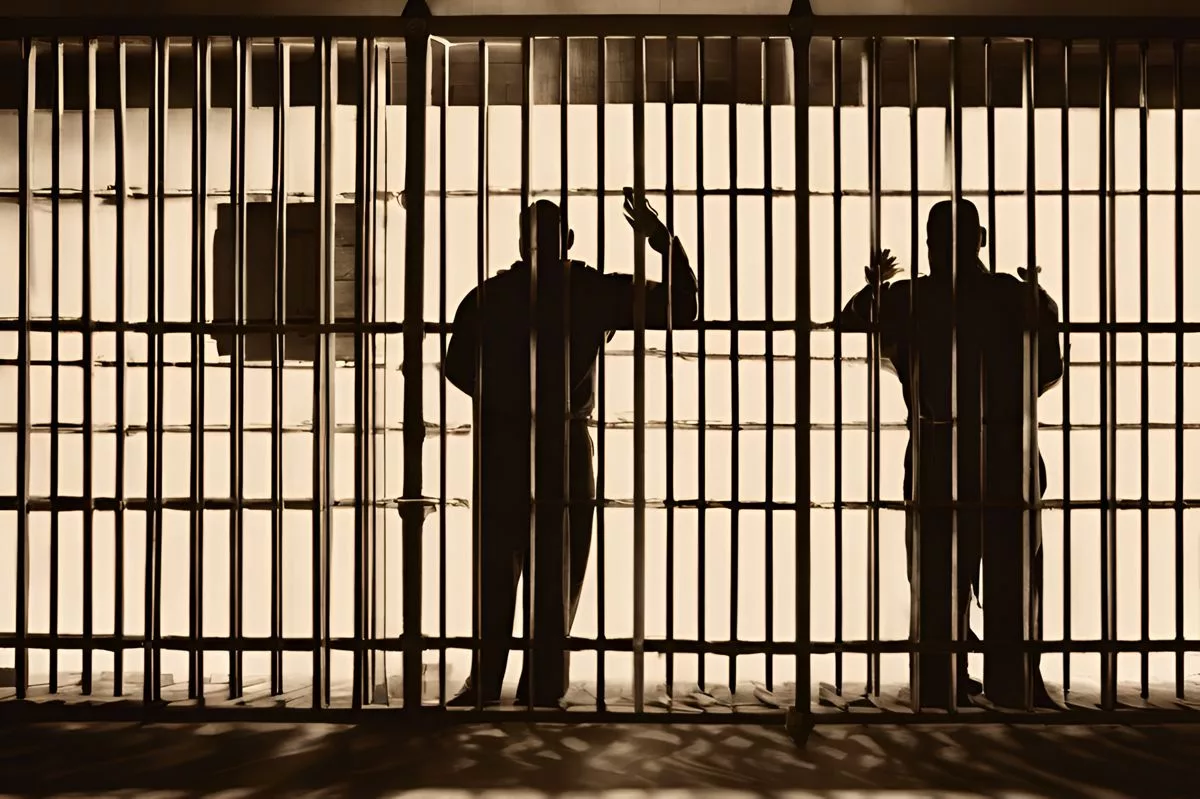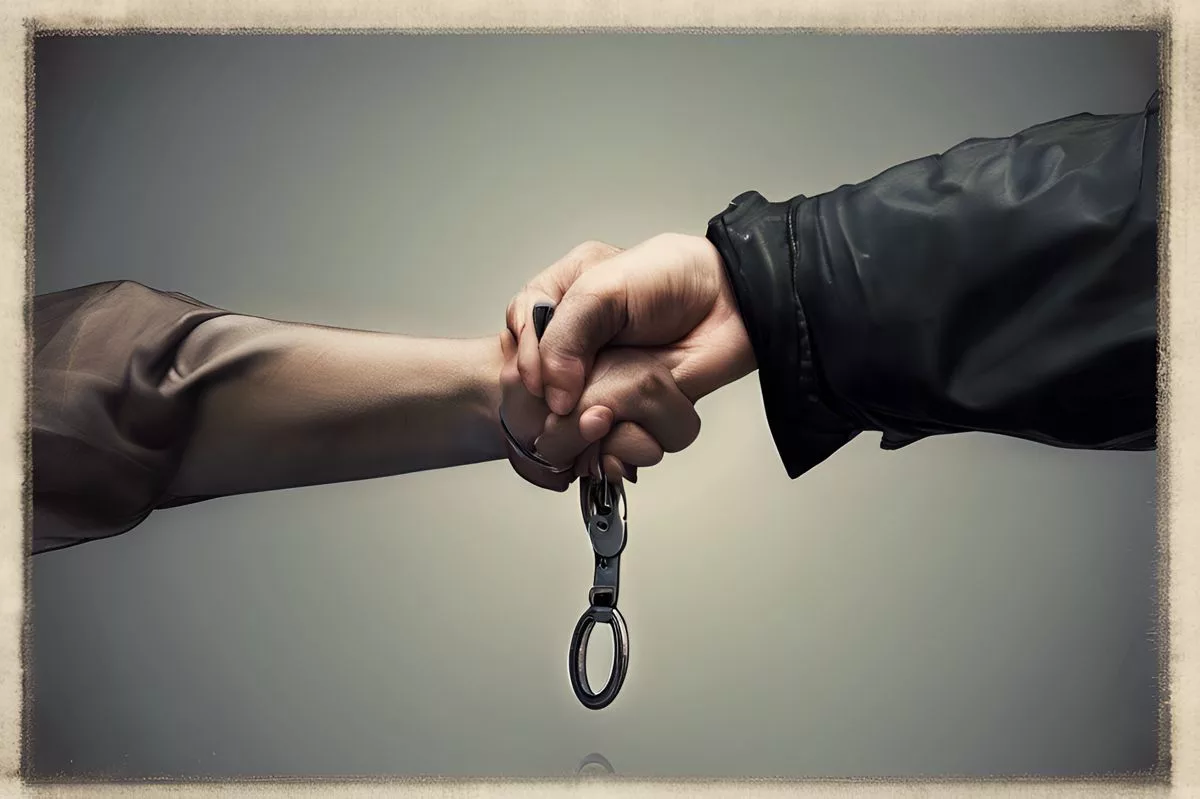South Africa celebrated the inauguration of the 2024 Human Rights Month at Kgosi Mampuru Correctional Facility, a location heavy with historical weight due to its association with previous violations of human rights. The month-long observance commemorates the sacrifices made during the country’s fight for democratic freedom, including events such as the National Human Rights Day on March 21st. This year, Sharpeville’s George Thabe Stadium will host the National Human Rights Day Commemoration, symbolically recognizing the sacrifices made by those who fought for liberation.
What is the significance of Human Rights Month in South Africa?
Human Rights Month in South Africa is an annual event that commemorates the sacrifices made during the country’s fight for democratic freedom. It serves as a reminder of its journey towards achieving democracy and includes events such as the National Human Rights Day on March 21st. The month-long observance offers a stage for advocacy and activism on human rights issues, reflecting on progress made and challenges faced. Choosing locations such as the Kgosi Mampuru Correctional Facility and George Thabe Stadium symbolically recognizes the sacrifices made by those who fought for their liberation.
South Africa celebrated the inauguration of the 2024 Human Rights Month at Kgosi Mampuru Correctional Facility, a location heavy with historical weight due its association with previous violations of human rights. Esteemed attendees such as Minister Goodenough Kodwa and Minister of Justice Mr. Lamola graced the event. The choice of the venue, deeply intertwined with South Africa’s collective history, aligns with the core values of the Human Rights Month. This month commemorates the sacrifices made during South Africa’s fight for democratic freedom.
Reflections on the Journey to Democracy
Human Rights Month is an annual event to remind South Africa of its journey towards achieving democracy. The highlight of the month-long observance is the National Human Rights Day on the 21st of March, which marks the dreadful Sharpeville massacre of 1960. This day bears witness to the peaceful protestors who were united against the discriminatory pass laws and were met with deadly force by the police.
The Sharpeville massacre does not merely represent a dark period in South Africa’s history. Instead, it symbolizes the harsh realities of apartheid. This tragedy did not only affect South Africa but drew worldwide attention. The United Nations Security Council condemned the event and urged the South African government to stop its apartheid policies. Following this, in 1966, March 21 was declared as the International Day for the Elimination of Racial Discrimination by the United Nations General Assembly, as a direct tribute to the Sharpeville massacre.
This widely publicized event exposed the world to the oppressive regime of apartheid. The incident led to global activists and organizations rallying against apartheid, pressurizing the South African government. As a result, in the subsequent years, the anti-apartheid movement gained traction, eventually leading to the downfall of apartheid in the early 1990s.
Recognizing the Struggle for Freedom
The National Human Rights Day Commemoration of 2024 is set to be hosted at the George Thabe Stadium in Sharpeville, Gauteng, with the theme “Three Decades of Respect for and Promotion of Human Rights”. Choosing Sharpeville as the venue symbolically recognizes the sacrifices made by those who bravely fought and lost their lives for our liberation, not just in Sharpeville, but also in other townships across South Africa.
The year 2024 holds immense significance for South Africa as it marks several historical milestones in the nation’s struggle for basic human rights and freedoms. Not only will South Africans be participating in the 7th National Elections since achieving democracy, but the country will also be celebrating 30 years of democracy in April.
From an oppressive apartheid regime, South Africa has transitioned dramatically into a constitutional democracy dedicated to democratic values, social justice, and basic human rights. To further enhance the commemorations, the government has dedicated the entire month of March to Human Rights Month (HRM).
Unfolding of the Human Rights Month
Human Rights Month serves as an avenue to educate individuals about their rights and offer a stage for advocacy and activism on human rights issues. Moreover, it provides an opportunity to commemorate historical events related to human rights, reflect on the progress made and challenges faced, and celebrate human diversity while promoting inclusion and equality.
The 2024 Human Rights Month will include several events, such as an International National Human Rights Conference. Hosted by the Department of Justice and Constitutional Development, this conference will assemble key stakeholders from around the globe to assess the progress made in advancing human rights since 1994. In addition, a Social Cohesion Dialogue, featuring leaders striving to bridge diverse communities, will be hosted by the Eastern Cape Province.
In conclusion, Human Rights Month serves as a stern reminder of the continuous effort required to maintain and protect human rights for all people, not just within South Africa, but globally. It encourages introspection, action, and worldwide unity in the pursuit of a more fair and equitable world. As we progress into the future, it is crucial to remember the sacrifices of the past that brought us here. After all, these freedoms were not handed to us on a silver platter.
What is Human Rights Month in South Africa?
Human Rights Month in South Africa is an annual event that commemorates the sacrifices made during the country’s fight for democratic freedom. The month-long observance offers a stage for advocacy and activism on human rights issues, reflecting on progress made and challenges faced.
Why is the Kgosi Mampuru Correctional Facility chosen as the venue for the inauguration of Human Rights Month?
Kgosi Mampuru Correctional Facility is chosen as the venue for the inauguration of Human Rights Month due to its association with previous violations of human rights, aligning with the core values of the month. It symbolizes the sacrifices made during South Africa’s fight for democratic freedom.
What happened on National Human Rights Day?
National Human Rights Day is celebrated on March 21st and marks the Sharpeville massacre of 1960, where peaceful protestors were met with deadly force by the police. It symbolizes the harsh realities of apartheid and the sacrifices made by those who fought against it.
What is the significance of Sharpeville in the context of the National Human Rights Day Commemoration of 2024?
The National Human Rights Day Commemoration of 2024 is set to be hosted at the George Thabe Stadium in Sharpeville, Gauteng, symbolically recognizing the sacrifices made by those who bravely fought and lost their lives for South Africa’s liberation, not just in Sharpeville, but also in other townships across the country.
What events will be included in the 2024 Human Rights Month?
The 2024 Human Rights Month will include events such as an International National Human Rights Conference hosted by the Department of Justice and Constitutional Development and a Social Cohesion Dialogue hosted by the Eastern Cape Province.
Why is Human Rights Month important?
Human Rights Month serves as a stern reminder of the continuous effort required to maintain and protect human rights for all people, not just within South Africa, but globally. It encourages introspection, action, and worldwide unity in the pursuit of a more fair and equitable world.










